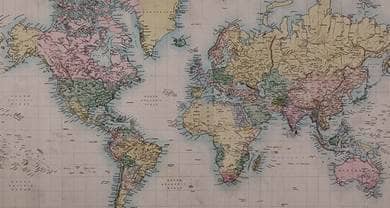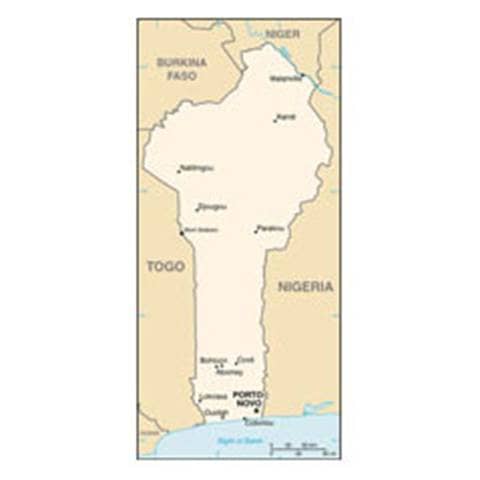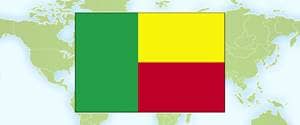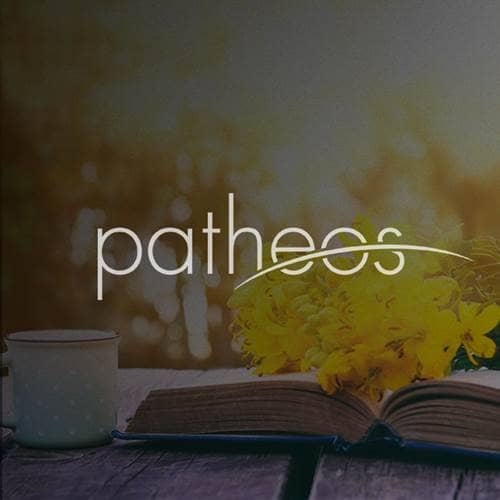- Trending:
- Easter
- |
- Lent
- |
- Forgiveness
- |
- Resurrection
- |
- Joy
- |
- Feminism

RELIGION LIBRARY
Benin

The country has an area of 43,483 square miles and a population of 8.8 million. According to the 2002 census, the population is 27 percent Roman Catholic, 24 percent Muslim, 17 percent practitioners of Voodoo (Vodun), 6 percent adherents of other traditional indigenous beliefs, and 5 percent Celestial Christians. Groups with less than 5 percent each include Methodists, Church of Jesus Christ of Latter-day Saints (Mormons), Jehovah's Witnesses, Rosicrucians, the Unification Church, Eckankar, Baha'is, Baptists, Assemblies of God, and Pentecostals. Seven percent claims no religious affiliation.
Many individuals who identify themselves as Christian or Muslim also practice Voodoo or other traditional local religions.
Nearly all Muslims are Sunni. The few Shi'a Muslims are primarily Middle Eastern expatriates.
There are Christians, Muslims, and adherents of traditional local religious groups throughout the country. However, Muslims are represented most heavily in the north and southeast, while Christians are prevalent in the south, particularly in Cotonou.
| Population | Population (2009 est.) 8,791,832 |
| Religious Demographics | Christian 42.8% (Catholic 27.1%, Celestial 5%, Methodist 3.2%, other Protestant 2.2%, other 5.3%), Muslim 24.4%, Vodoun 17.3%, other 15.5% (2002 census) |
| Ethnic Groups | Ethnic Groups Fon and related 39.2%, Adja and related 15.2%, Yoruba and related 12.3%, Bariba and related 9.2%, Peulh and related 7%, Ottamari and related 6.1%, Yoa-Lokpa and related 4%, Dendi and related 2.5%, other 1.6% (includes Europeans), unspecified 2.9% (2002 census) |
| Languages | Languages French (official), Fon and Yoruba (most common vernaculars in south), tribal languages (at least six major ones in north) |
| Country Flag |  |










